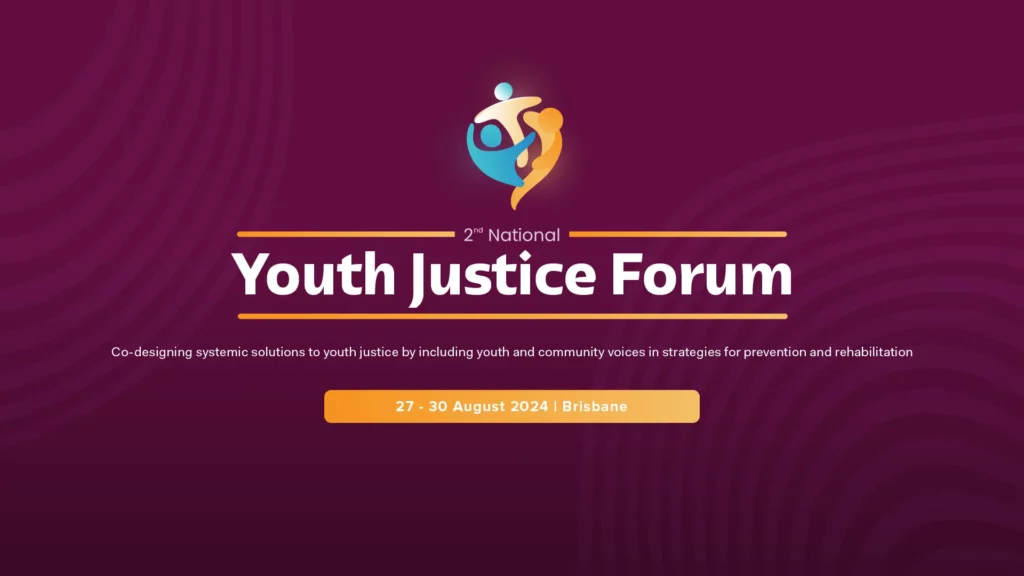While JobKeeper provided critical support for charities during the crisis phase of the pandemic that enabled many organisations to remain operational, more than 40% of eligible charities reported that the stimulus represented a temporary fix only. With the recent end of JobKeeper, some charities are expected to retrench staff or shrink their operations.
A new report by Social Ventures Australia (SVA) and the Centre for Social Impact (CSI) finds that despite Australia’s promising economic recovery from the pandemic, many charities remain in vulnerable financial positions and require urgent funding from the Australian Government to continue supporting thousands of Australians in need and providing employment opportunities.
The report “Vital support: Building resilient charities to support Australia’s wellbeing”, is the fourth publication from SVA and CSI’s Partners in Recovery project and finds that more than half of charities faced some form of temporary closure during the crisis. The report’s new findings build on CSI’s recent Pulse report, which revealed that 77% of organisations stated that the pandemic had put a strain on their financial operations, while 52% were worried they would not be able to provide their services in the current economic climate.
“Charities provide services that people, communities and governments rely on. They are the social glue in our society, and ensure people and communities receive life-changing support,” said Suzie Riddell, CEO of SVA.
Professor Kristy Muir, CEO of CSI said, “Despite the fact that the Australian economy has performed much better than expected in the recovery phase of the pandemic, charities continue to be at risk. Now that JobSeeker and the JobKeeper Coronavirus Supplement have ended, more people will be turning to charities for support as they experience a significant loss of income.
“However, many charities do not have funding streams or reserves to draw on that can meet this demand, which could see devastating flow-on effects for the thousands of Australians who access their services,” said Muir.
The report also presents findings from SVA’s work with the Paul Ramsay Foundation’s Sustaining Our Partners Taskforce, which worked closely with 80 social purpose organisations throughout the COVID-19 crisis to ensure they remained financially viable, built their resilience, and, where possible, captured new opportunities in the context of the pandemic.
Australian governments have long recognised their role in providing targeted support to industry sectors where there is a clear public benefit or market failure. Given the clear economic and social benefits we all derive from charities, the report argues that targeted investment in the resilience of the sector is a win-win.
- The report calls for six actions for governments and others that would support charity resilience:
- Continue to provide targeted support to charities facing long-run effects of the pandemic, including ensuring that business support is structured so charities can benefit on an equal footing
- Appropriately fund government contracted services delivered by charities
- Make fundraising and philanthropy simpler to encourage increased giving
- Establish a Resilient Charities Fund to enable charities to invest in capability building and organisational transformation
- Support further research to better understand how to build back the charities sector so that they are funded for impact
- Meaningfully increase the rate of JobSeeker payment to reduce poverty and financial stress.
The proposed Resilient Charities Fund recommends that the government invest $200-$400 million in a one-off, time-limited fund to support charities to undertake strategic and operational transformation. This fund would assist charities in developing more impactful and efficient ways to operate in a ‘with-COVID’ and ‘post-COVID’ environment, so they can continue to strengthen Australia’s economy and society beyond the immediate recovery.
Paulo Rizal is a content producer for Third Sector news. He has working experience in journalism, SEO, and social media marketing.
















































































































































